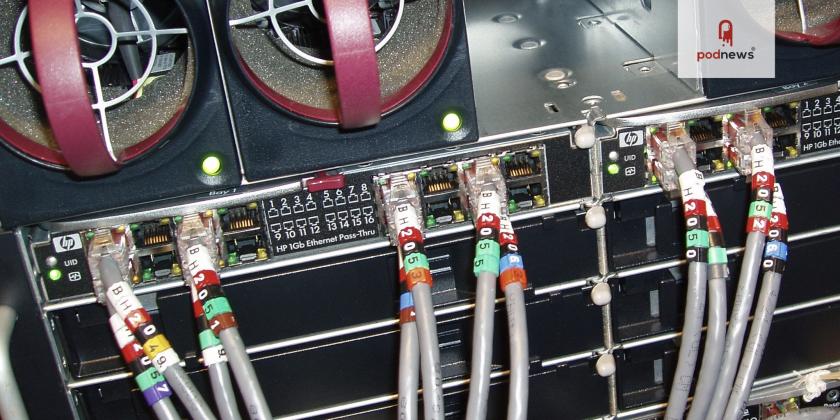
Mythbusting: does Spotify deliver downloaded episodes again if they change?

This article is at least a year old
For podcasting, Spotify doesn’t have auto-downloading. But it does have a method of downloading individual podcast episodes - a listener needs to hit the “download” button next to every episode they’d like to download.
This allows them to listen to a show in an aeroplane, a tube train, or anywhere else that is lacking in data coverage.
We’d heard: “If a podcast publisher changes the audio (and the audio URL of the episode changes), then Spotify automatically re-downloads this podcast audio to every listener who downloaded it. This explains why Spotify download numbers are so high with some podcast hosts - if dynamic ads change every day, these episodes get downloaded every day.”
Our test
Like our previous test about Spotify behaviour with caching, we ran Spotify on an iPod Touch, through a proxy so we could see the internet traffic: where it was connecting to, and how much was transferred.
We ran our test on Podland, a podcast hosted on Buzzsprout. Buzzsprout has a passthrough agreement with Spotify.
We downloaded five episodes of Podland on the iPod Touch using Spotify’s app. Podland is hosted on Buzzsprout; we watched as the device downloaded a total of 337MB of data from episodes.buzzsprout.com, where the audio is hosted.
We then went and added a postroll to the episode of Podland. This changes the audio, making it longer; and also changes the audio URL in the RSS feed (the blob_id changes). (The GUID does not change.)
We observed the RSS feed change, and waited a further few minutes.
On unlocking the iPod Touch and opening Spotify, traffic was observed between episodes.buzzsprout.com as the app downloaded 356MB of data.
Real, or Myth?
Confirmed as real.
If a user has explicitly downloaded a podcast to Spotify, then if the audio changed, it does automatically re-download those episodes, in full, without user interaction.
If a podcast changes podcast host, this will force a full redownload of every episode a user has downloaded.
If a podcast changes dynamic ads every day (and has a URL that changes) then it’s likely that would trigger a new download every day of the audio - and to a podcast host, that would be IAB-compliant traffic, artificially increasing download numbers.































































































